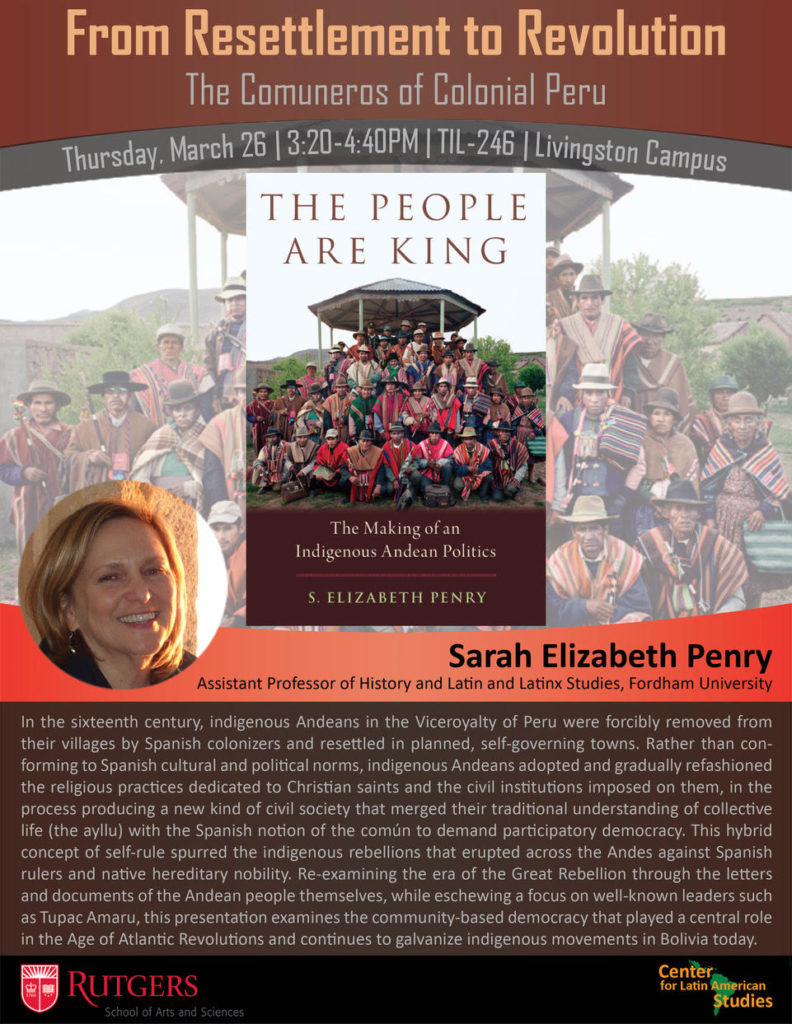Graduate Student William Tanner Smoot published “Sacred Memory and the Formation of Monastic Identity and Friendship in Eadmer of Canterbury’s Vita S. Oswaldi,” in Revue Bénédictine, Vol. 130, Issue 2 (2020).
Below is the Abstract:
Between the years of 1113-1116, Prior Nicholas and the monks of St. Mary’s, Worcester, petitioned Eadmer of Canterbury to re-write the vita of their monastic founder St. Oswald. The years preceding this request were a period of hardship for the community of St. Mary’s, as the brethren coped with the burning of their church, the death of monastic elders, and the installation of a royal clerk as bishop of Worcester. In the face of such trials, the monks of Worcester turned to St. Oswald to justify their continued existence and consolidate their corporate identity. Yet, their decision to solicit Eadmer raises questions about the devotional function of the new Vita S. Oswaldi for the brethren of Worcester. While Eadmer modelled his text on Byrhtferth of Ramsey’s eleventh-century biography, he altered the nature of St. Oswald’s sanctity by subordinating the saint’s virtuous development to the leadership of the archbishops Oda and Dunstan of Canterbury. Eadmer incorporated St. Oswald into a new sacred hierarchy, whereby the saint’s virtuous life served to support Canterbury’s contemporary claims to English episcopal primacy. The monks of Worcester had maintained an amiable relationship with Canterbury since the Norman conquest, and Nicholas’s decision to commission Eadmer likewise reflects how the chapter of St. Mary’s perceived itself in relation to Canterbury. Nicholas and the monks of Worcester hoped to benefit from Canterbury’s predominance in the English Church, especially regarding the preservation of their corporate rights and influence in future episcopal elections. This article explores the reception of sacred history in the community of St. Mary’s, Worcester, and the manner in which the brethren used the memory of their corporate past to reaffirm their place, identity, and continuity as a monastic body. It further argues that the episcopal priories of Worcester and Canterbury maintained a historical support network, in which members of each community recast information about St. Oswald and England’s ecclesiastical past to reaffirm bonds of monastic friendship and share in sacred prestige.







